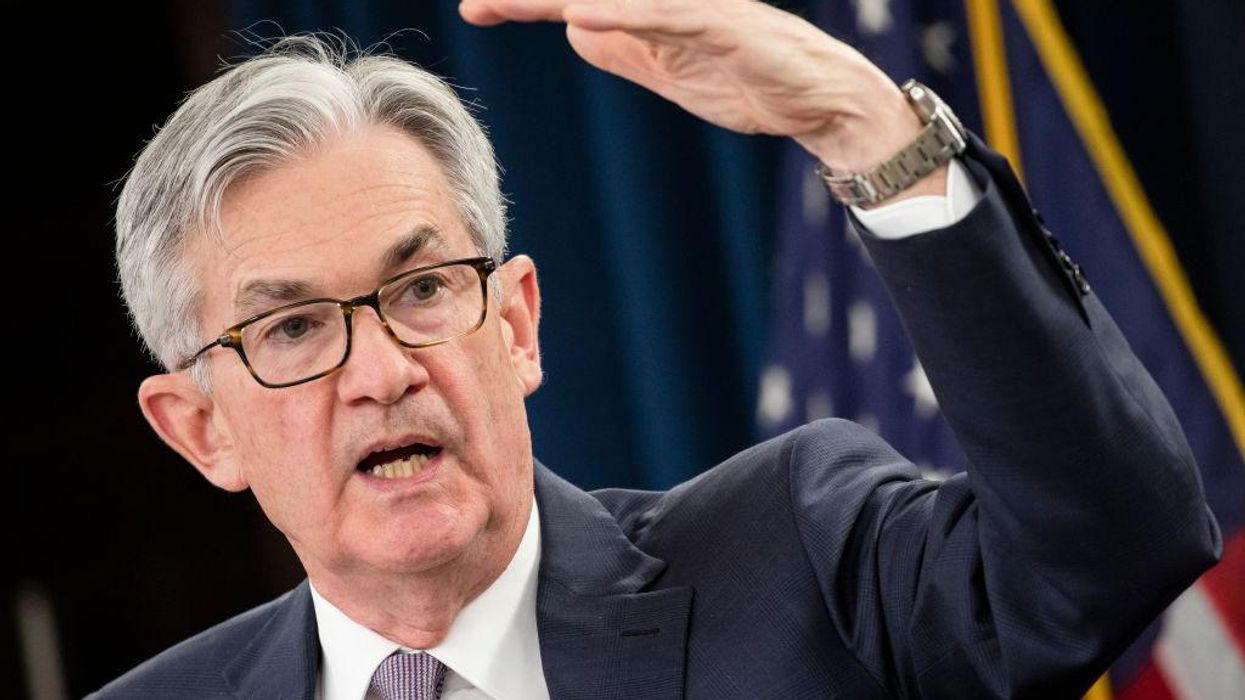
Photo by Samuel Corum/Getty Images

Federal Reserve Chairman Jerome Powell believes that the Fed is on track to raise interest rates in mid-March.
“Making appropriate monetary policy in this environment requires a recognition that the economy evolves in unexpected ways. We will need to be nimble in responding to incoming data and the evolving outlook,” Powell said in prepared testimony before Congress.
Powell said that it was too soon to tell how the ongoing Russian invasion of Ukraine, and the subsequent sanctions on Russia issued by Western nations, could affect the U.S. economy, the Wall Street Journal reported.
The chairman’s remarks highlight the delicate economic climate that the Federal Reserve must navigate as it raises interest rates for the first time since 2018 amid rapid inflation that could be further exasperated in response to Western sanctions on Russia.
He said, “The near-term effects on the U.S. economy of the invasion of Ukraine, the ongoing war, the sanctions, and of events to come, remain highly uncertain.”
It’s typically unusual for the Federal Reserve to raise interest rates during times of geopolitical conflict. That said, the Fed is under increased pressure to raise rates since inflation is running far above the Fed’s 2% target and Western sanctions on Russia stand to further raise prices.
In late February, allied leaders of Western nations issued a joint statement expressing their intentions to restrict Russian access to the SWIFT telecommunications network.
In the statement, Western leaders from the European Commission, France, Germany, Italy, Canada, the United Kingdom, and the United States said, “As Russian forces unleash their assault on Kyiv and other Ukrainian cities we are resolved to continue imposing costs on Russia that will further isolate Russia from the international financial system and our economies.”
Targeting the Russian financial sector, oligarchs, and the Russian central bank with these sanctions will economically isolate Russia and make international commerce extremely difficult for the country.
Similar to previous spikes in inflation being caused by supply chain shortages and difficulty importing goods, Powell and his colleagues at the Federal Reserve believe that the extra duress put on international trade as a result of these sanctions will cause prices to further to inflate for American consumers.
“We are attentive to the risks of potential further upward pressure on inflation expectations and inflation itself from a number of factors. We will use our policy tools as appropriate to prevent higher inflation from becoming entrenched,” Powell said.